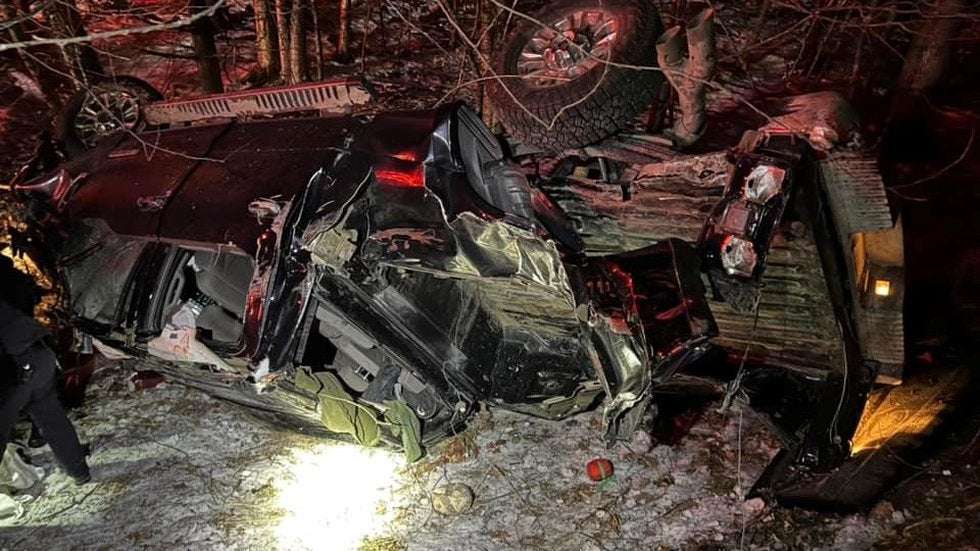NASHVILLE, Tenn. (Gray News) - A bill in Tennessee passed the Senate that would require a person to pay child support if they kill a parent and are convicted of vehicular homicide due to intoxication.
Tennessee lawmakers unanimously passed House Bill 1834 on Wednesday. The bill was also amended to include the names of fallen police officer Nicholas Galinger’s children.
Galinger was a Chattanooga police officer when he was struck and killed in February 2019 by a woman, Janet Hinds, who was driving while intoxicated, officials said.
The 38-year-old rookie officer was inspecting a manhole cover that had water flowing from it that evening when Hinds hit him with her car and fled, according to the Associated Press.
Hinds was found guilty earlier this year in the fatal hit-and-run and sentenced to 11 years in prison.
According to the house bill summary, if a defendant is convicted of vehicular homicide due to intoxication or aggravated vehicular homicide and the victim of the offense was the parent of a minor child, then the sentencing court must order the defendant to pay restitution in the form of child maintenance to each of the victim’s children until each child reaches 18 years of age and has graduated from high school.
Copyright 2022 Gray Media Group, Inc. All rights reserved.

THElaytox on April 21st, 2022 at 07:30 UTC »
Passes Tennessee State Senate*
marasydnyjade on April 21st, 2022 at 04:53 UTC »
Per the bill text:
JBreezy11 on April 21st, 2022 at 04:37 UTC »
makes sense in theory, but how can a future said drunk driver pay for child support of the victim, if they’re in prison for manslaughter?
Assuming they aren’t worth shit.